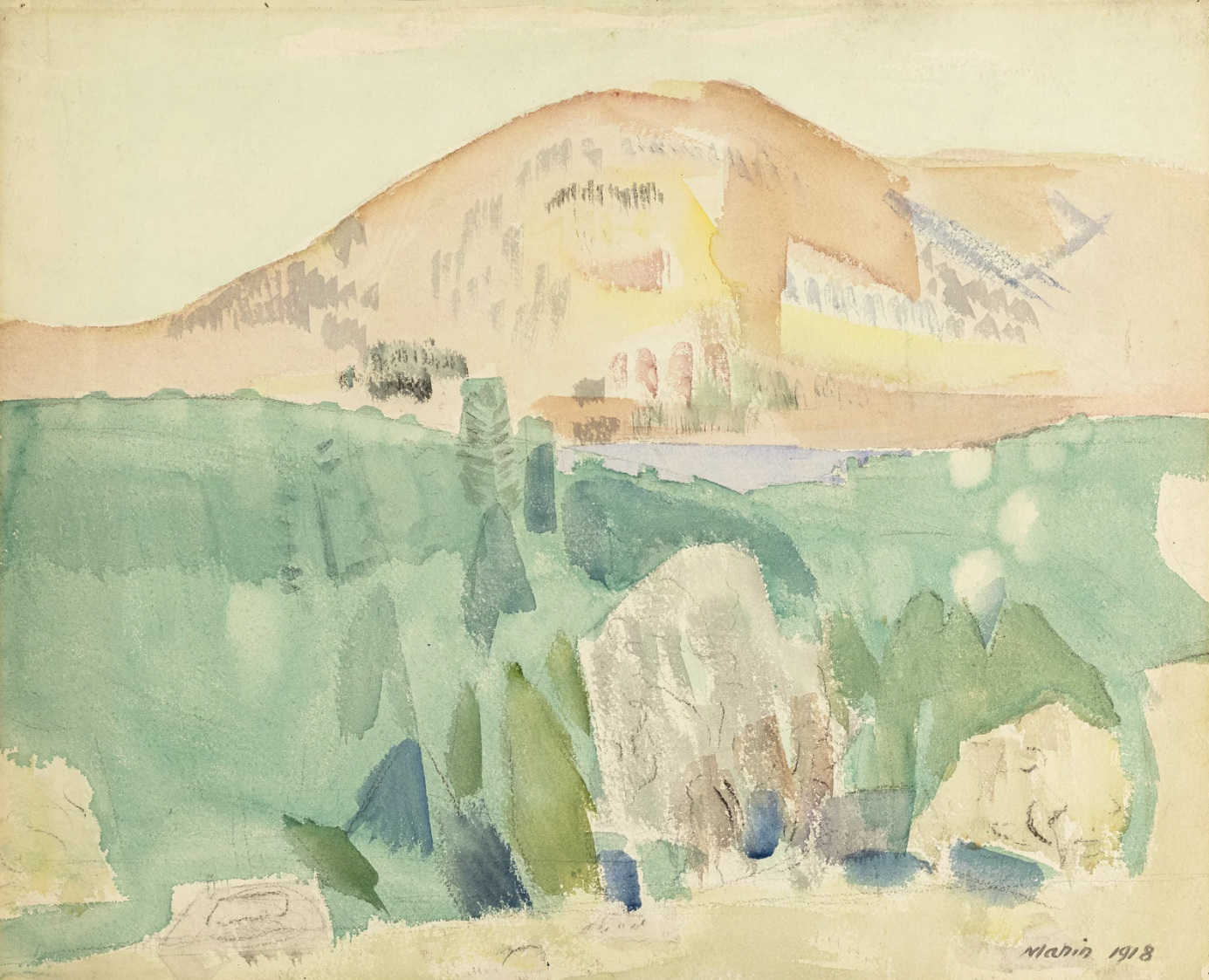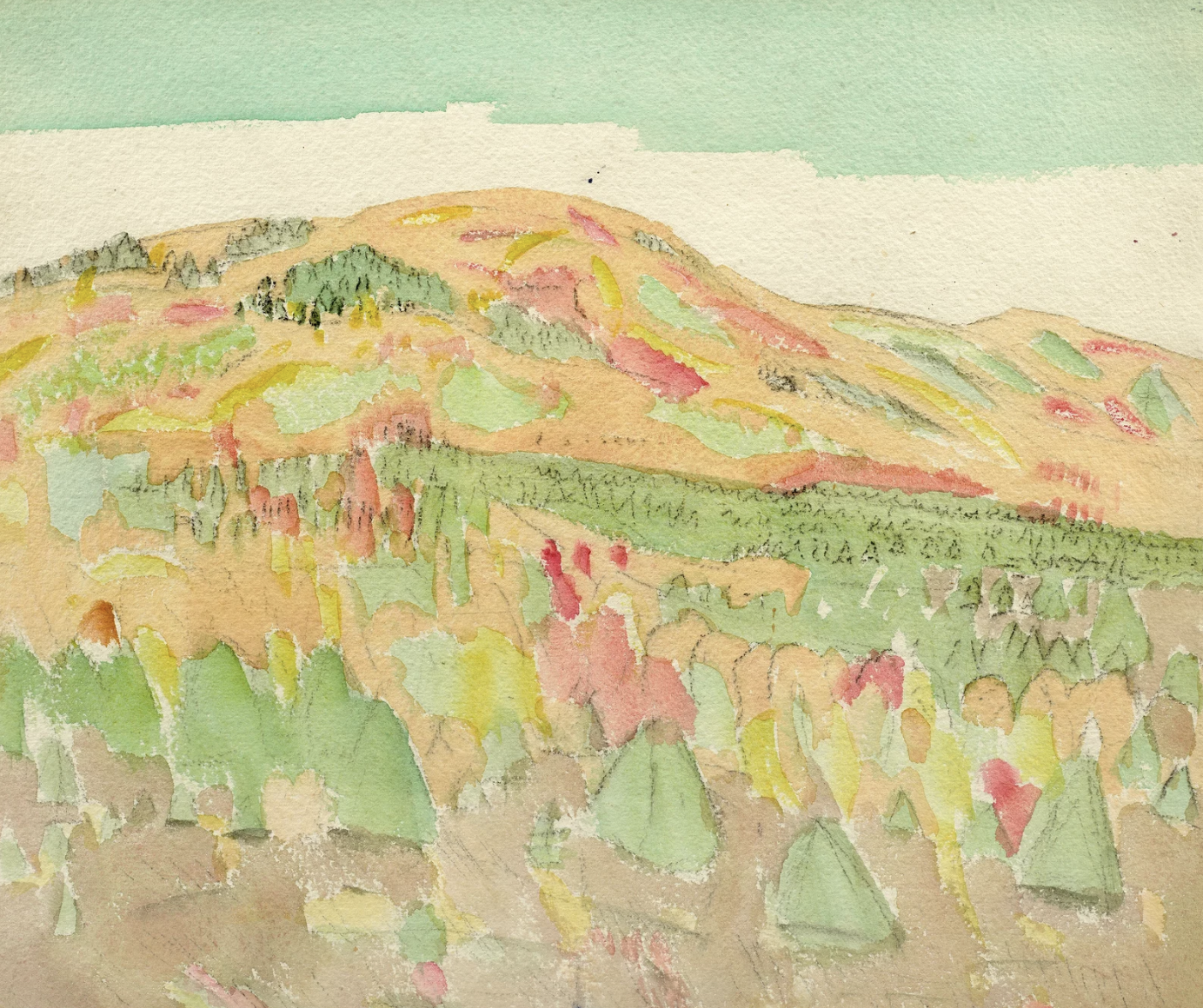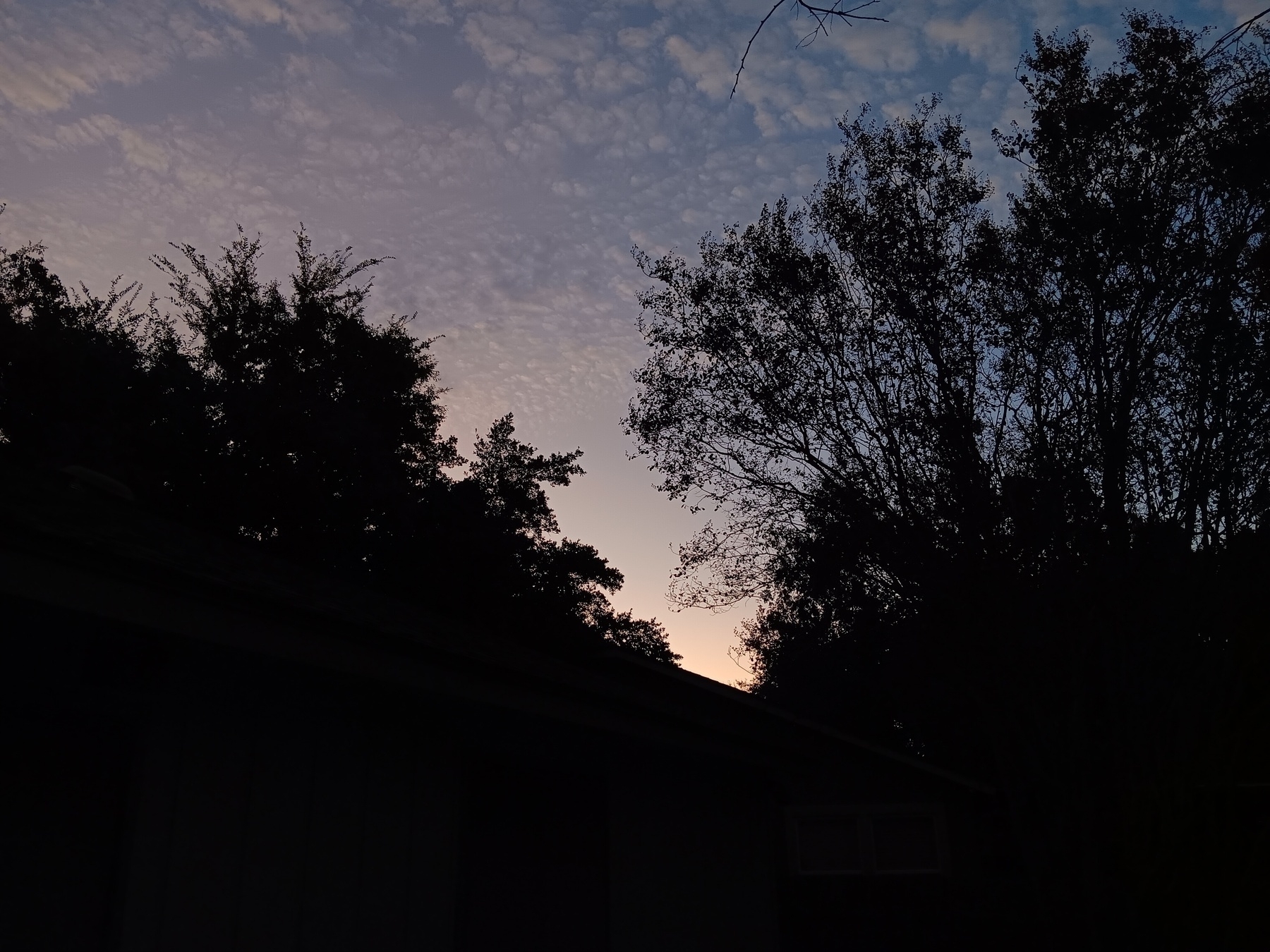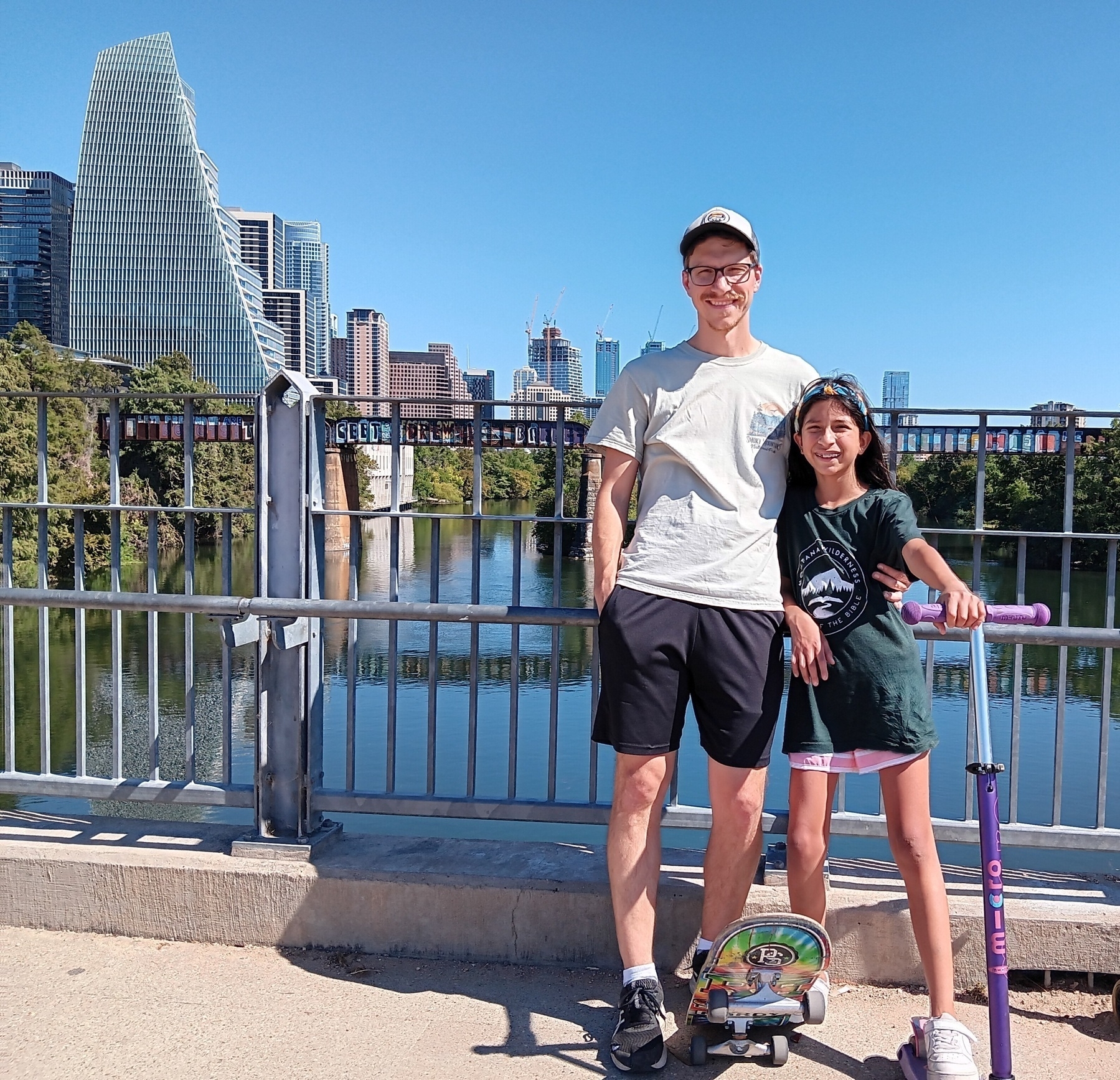Many churches do not share the gospel effectively because their communal experience of the gospel is too weak and tasteless to be worth sharing. It does not excite believers to the point that they want to witness, and (as the believers may uncomfortably suspect) it is not especially attractive to the unbeliever. But where Christian fellowship demonstrates the gospel, believers come alive and sinners get curious and want to know what the secret is.
Contrary to popular myth, normal church growth is not limited by lack of financial resources or physical facilities…. Heavy financial investment in buildings, property, and programs intended to facilitate growth often becomes a limiting factor. Emphasis is shifted to these things and the vision for ministering the gospel simply and directly to persons is dimmed or lost altogether.
Region Rowe, Massachusetts (1918) by John Marin:

Hoosic Mountains (1918) by John Marin:




Finished reading: Where the Red Fern Grows by Wilson Rawls 📚

Currently reading: Renovation of the Heart by Dallas Willard 📚
Me and the girls had some fun on Saturday scootering/boarding while Kristyn was off at a women’s retreat. (All three of us took pretty good spills, so I’m especially proud of our resilience.)




Currently reading: Evangelism as a Lifestyle by Jim Petersen 📚